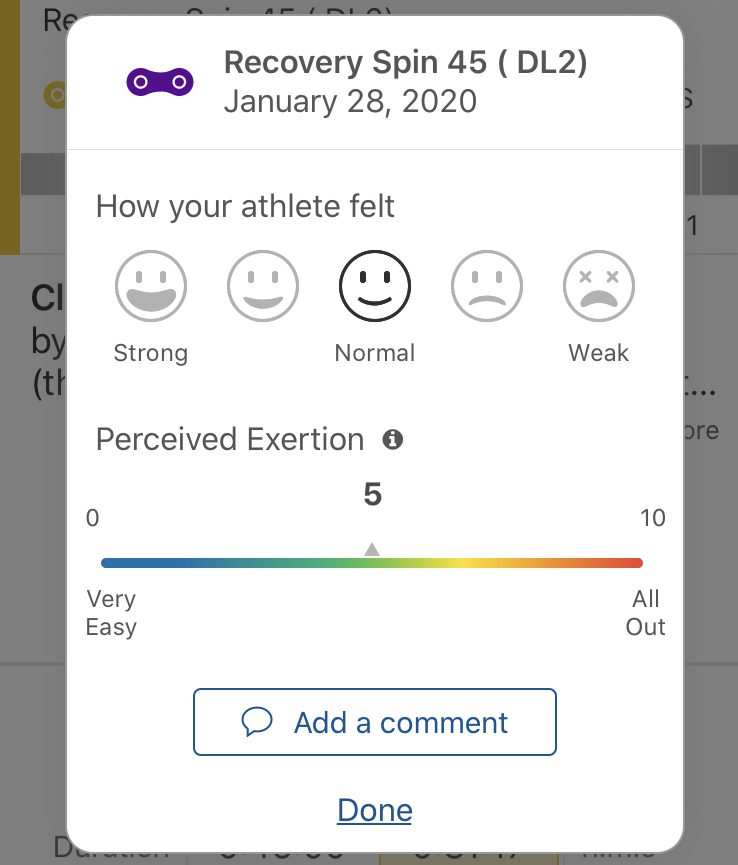Welcome to another week of the Habits of Highly Effective Athletes series! This week, I wanted to talk about one of the things I think gets missed a ton by athletes who aren’t working with a coach: collecting data. So this is most of us, right? Maybe you have a training plan, maybe you’re just kind of winging it with a vague goal in mind, maybe you’re just trying to be active every day and hoping to get in/stay in a shape that makes you feel comfortable and/or like a badass. But unless you’re actively corresponding with a coach—heck, even if you are!—I bet you’re not great about keeping track of your metrics. (Despite being a coach, I admit I suck at this unless I’m really, really working on it. Ask Peter.)
We all have heard the adage ‘what gets measured gets managed,’ right? That’s 100% accurate when it comes to your training and progress as an athlete.
(Before we dive into this habit more, have you read about the first five?)
-
- Habits of Highly Effective Athletes: Stay In Your Lane
- Habits of Highly Effective Athletes: Fuel For the Work You Do & The Life You Live
- Habits of Highly Effective Athletes: Sleeping for Recovery and Better Workouts
- Habits of Highly Effective Athletes: Cross-Train… But Not Too Much
- Habits of Highly Effective Athletes: Practice Sport-Specific Technique & Skills
- Habits of Highly Effective Athletes: Measure to Manage
OK, so you know you should be tracking metrics to make your training more effective. But WTF should you track?
Your Training: Subjective and Objective Data
Your Garmin or even your iPhone can handle most of this, especially if you use an app like Strava or MapMyRun or Wahoo to record workouts and auto-upload to Training Peaks. That’s the objective data, and relies on you pressing record, making sure your phone or cycling computer or watch is charged and that your heart rate monitor is strapped on. But what most people are missing is the subjective data dump too—how did you feel during your ride? Trust me, your coach will appreciate knowing how you’re feeling, and if you don’t have a coach, you’re going to want to be able to look back at that data. If you’re consistently feeling cramped on a workout, you might not notice a trend if you don’t record it, but if you can look over your notes and realize that at about 90 minutes into any long ride, you’re feeling like garbage, you can start to trouble-shoot.
Your Heart Rate Variability (HRV)
You likely have heard me talk about my intense love of tracking HRV on the daily. I talk about it a lot, and we’ve had Marco Altini, the man behind the HRV4Training app on the Consummate Athlete Podcast twice now! It gives you a great sense of how recovered you are, plus the app allows you to record that subjective data about things like your sleep and your mood—and it asks things like if you drank alcohol the night before, which can be a good reminder that maybe two glasses of wine every. single. night. is a bit much.
Your Food
I am NOT a fan of consistently tracking your food intake, but I do think it’s an important thing to check in on every so often, especially if something (like your performance or the numbers on the scale) are trending in a negative direction. This means what you eat during the day in addition to what you’re taking in during your workouts. I did an experiment of using MyFitnessPal for a month back in the fall and it was a huge eye-opener for me—it’s crazy what sneaks into a daily diet when you haven’t been paying close attention! (You can read all about it here.) I think this can get really excessive and obsessive if you’re doing it constantly, but I do believe if you want to improve as an athlete and are feeling plateaued, this can be a huge help.
Your Weights
Like, in the gym. You know how everyone says strength training is big for endurance athletes? It is. And the way to get better is to actually record your PRs in the weight room as well as on the bike or the trail. It’s hard to improve your deadlift or get anywhere on squats if you have no idea what you were lifting last week. Just take a few notes after each session.
Your Weight—Somehow
I’m a fan of a three-fold approach to measuring weight. Like it or not, body composition is a huge determining factor in our athletic success. Power to weight does matter, and while we can talk all day about what percentages are right for you, and that can mean different things to different people, some notation of where you are right now, and how you’re progressing, can be really important. (And, to be blunt, it can help avoid any “holy $hit where did these 15 pounds come from!?” if you’re monitoring regularly.) So, I don’t mean getting on the scale every day is necessary. I think a weekly or bi-weekly weigh in is enough for most people to stay on a good trajectory—whether that trajectory is losing, gaining or trying to maintain. But I don’t think a scale is the whole story, which is where my three-fold measurement approach comes in. I check my actual weight on the scale (the same scale—I won’t use random ones while traveling!), then use a soft tape measure to do a waist-to-hip measurement and record both of those. Then, I snap a picture in the same place, wearing the same thing, standing the same way. This way, I have a much more cohesive picture of where I am, week after week. This approach might not work for you, so work to find some way that consistently checks in with where you’re at. I know some people have that pair of jeans they can try on to see how tight/lose they are, and that’s great too.
Your Feelings
OK, this last one is a little kookier… But I am a big fan of recording some feelings on your training and where you’re at overall at least once a week. (I do a Monday AM weekly check-in for training/work/life where I just journal a bit about what was working, what wasn’t, how I’m feeling about where I’m at, and a couple of goals for the week.) I can’t recommend this check-in enough—I think that as athletes, we can get caught in the daily grind of work/training and pretty easily lose sight of the big picture, like if we’re having fun or feeling like we’re on the edge of burnout. Doing this quick weekly check-in (and either keeping it for yourself or sharing with your coach) can be a gamechanger.
Let me know in the comments how you’re liking this feature and if there are any other metrics you’re consistent about tracking!
Before you go… want a free 7-day guide to healthy habit change? Sign up here!





